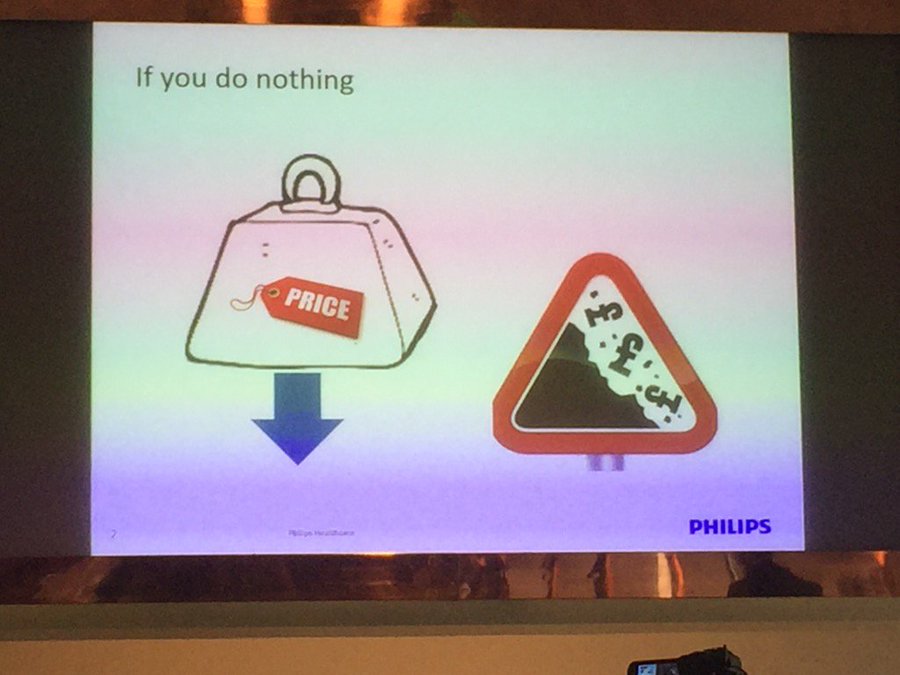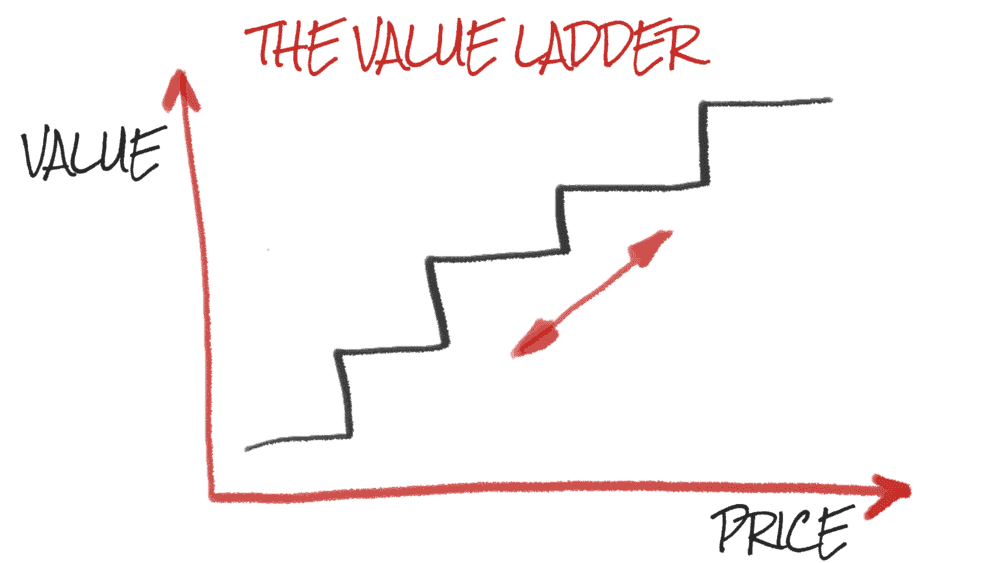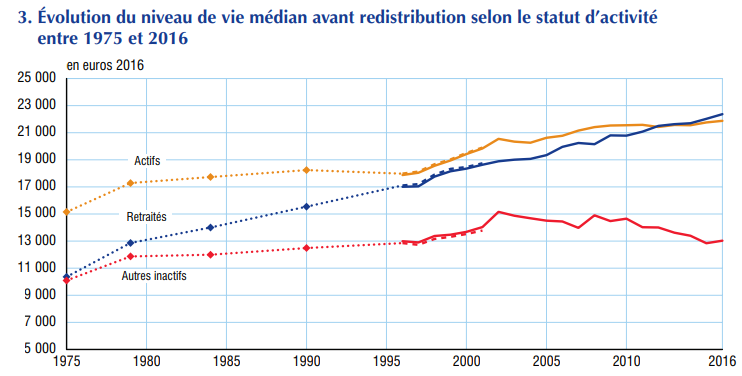Na passada quinta-feira tive mais uma conversa oxigenadora. O tema foi o capítulo 8 de "Managing the Unexpected - Sustained Performance in a Complex World" de Karl E. Weick e Kathleen M. Sutcliffe. Um capítulo sobre a cultura das organizações, e da sua contribuição para a fiabilidade organizacional.
Os autores usam a Toyota como exemplo de como uma cultura de sucesso gera o insucesso.
Recordámos o primeiro princípio das organizações resilientes, a preocupação com a falha, por causa da atenção aos indícios. Um indício investigado é muitas vezes um prejuízo evitado e algumas vezes uma catástrofe evitada. O desafio é, como estar atento aos indícios?
Por um lado, as empresas com as suas estruturas super magras vivem a resolver os problemas de hoje e as consequências dos problemas de ontem, imaginem dizer-lhes que têm de estar atentas aos indícios. Mandam-nos dar uma volta.
Muitos sectores transaccionáveis vivem tempos de euforia, estão a exportar o que podem, e se não exportam mais é porque não têm matérias-primas ou capacidade produtiva livre. Ou seja, tudo parece correr bem. Bom para as empresas. Desejo-lhes o melhor. Se é esta a situação então porquê preocuparem-se?
Helena Garrido lembrou-nos recentemente destes números:
"O salário mínimo terá tido em 2022 um aumento de 39,6% em relação a 2015, passando de 505 para 705 euros. A produção portuguesa deverá crescer, no mesmo período, 12,4%, levando em conta os dados e previsões da Comissão Europeia."
Não seria agora a melhor altura para agarrar o problema, o desafio da produtividade?
Existe um suposto Forum para a Competitividade que tem um presidente que é useiro e vezeiro neste tipo de afirmações:
"Como é que possível sermos tão mal governados que temos pessoas mais qualificadas e a produtividade não sobe?
A produtividade sempre foi o nosso calcanhar de Aquiles... [Moi ici: Comenta o entrevistador]
E por que não sobe? Dizíamos que era por falta de qualificação das pessoas, agora as pessoas são mais qualificadas e a produtividade continua a não crescer.
É culpa de quem? [Moi ici: Pergunta o entrevistador]
É culpa do sistema todo. Quem gere as empresas vai fazendo o que pode dentro do sistema que existe. É cada vez mais difícil fazer qualquer coisa por questões ligadas à burocracia, justiça, fiscalidade, alterações constantes de regras e de legislação de trabalho. Há cada vez mais mais regras para cumprir."
Tem o locus de controlo no exterior, o que é terrível num presidente qualquer. A produtividade das empresas que existem não sobe por causa do que é exterior às empresas ... sem palavras.
E volto à pergunta: Não seria agora a melhor altura para agarrar o problema, o desafio da produtividade?
Contudo, sucesso é, muitas vezes, sinal de descanso. Por isso, o sucesso de hoje cria as condições do falhanço de amanhã. Lembrei-me então de 1970 e dos anúncios na televisão às canetas BIC. “BIC cristal para uma escrita normal, BIC laranja para uma escrita fina”. Na altura, usava na escola uma caneta de tinta permanente e ao ver as canetas BIC exclamava UAU. Hoje, fanático por canetas e marcadores não tenho nenhuma caneta BIC. O que hoje é UAU, amanhã é boring.
E não conhecer o gráfico de Kano é deixar que a corrente nos leve para onde ela quiser e não para onde queremos ir.
Agora veio-me à cabeça aquela frase de uma canção "Se correr o bicho pega Se ficar o bicho come." Ou são os concorrentes que vão comer mercado, ou é o governo a comer margem. Ficar parado é a morte do artista, o empobrecimento geral a que estamos habituados. Ficar parado à espera do Deus Ex Machina que salva os coitadinhos não me parece a melhor alternativa. Há que arregaçar as mangas e fazer pela vida.
































%2006.21.jpeg)












